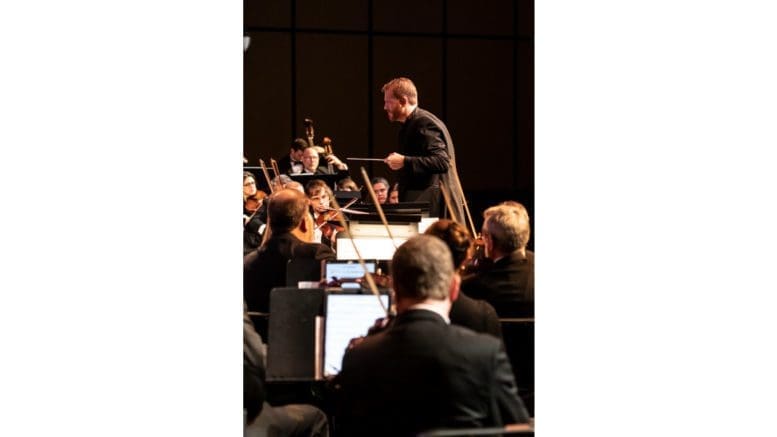You might not think of landlocked Marietta as a setting for a performance called “Beethoven at the Beach,” but the Marietta-based Georgia Symphony Orchestra has an explanation for that.
“In 1894, Amy Marcy Cheney Beach achieved distinction by becoming the first American woman to compose and publish a major symphony,” the announcement for the event stated. “The GSO’s program will feature her Symphony No. 2 in E Minor, also known as the Gaelic Symphony, which premiered in 1896 in Boston. The masterpiece was influenced by Beach’s love of English, Irish and Scottish folk music.”
Beach’s biography at the U.S. Library of Congress states the following about her background:
Amy Marcy Cheney was born on September 5, 1867 in Henniker, New Hampshire, to a prominent New England family. Her mother, Clara Imogene (Marcy) Cheney, was a talented amateur singer and pianist. Young Amy was a true prodigy who memorized forty songs at the age of one and taught herself to read at age three. She played four-part hymns and composed simple waltzes at age four. By the age of six, she began studying piano with her mother and performed her first public recitals one year later, playing works by Handel, Beethoven, Chopin, and some of her own pieces. In 1875 the family moved to Boston, where Amy studied with the leading pianists. She made her Boston debut in 1883, and two years later played her first performance with the Boston Symphony Orchestra, Wilhelm Gericke conducting Chopin’s Concerto in F Minor.
The performance will take place at 8 p.m. on Saturday, Feb. 26, 2022, at the Marietta Performing Arts Center.
Along with Beach’s historic symphony, the GSO will perform Ludwig van Beethoven’s Symphony No. 5 in C Minor.
Written in 1808, Beethoven’s Fifth is one of the best-known symphonies ever written, and even people unfamiliar with the entire work can recognize the brief two-measure opening.
The Georgia Symphony Orchestra had originally planned to perform Beethoven’s Violin Concerto in D major, Op. 61, with Japanese guest soloist Minami Yoshida, in her American debut.
“Unfortunately, [Yoshida] is unable to join us this season,” said GSO Music Director and Conductor Timothy Verville in the press release for the concert, citing ongoing global pandemic-related issues. “I’m pleased we are able to continue this program, which contrasts the work of a lesser-known but well deserving composer with arguably one of the best-known composers and one of his marquee pieces.”
About the Georgia Symphony Orchestra
The Georgia Symphony Orchestra began in 1951 with the formation of the Marietta Music Club.
According to the GSO website:
The music room of Arthur F. Moor’s home on 383 Church Street in Marietta would establish the foundations for what would evolve over the next sixty-plus years. Talented local musicians would come together to create and share wonderful music with audiences. From 1955 until 1989, Betty Shipman Bennett conducted the orchestra through this long period of development. The music club grew to become the Marietta Community Symphony.
The orchestra was later renamed the Cobb Symphony as more professional musicians were added to the staff, and in 2011 it became the Georgia Symphony Orchestra.
The GSO states as its mission:
The mission of the Georgia Symphony Orchestra is to enrich our community through accessible, high quality musical and educational experiences that instill a lifelong appreciation for the arts.
